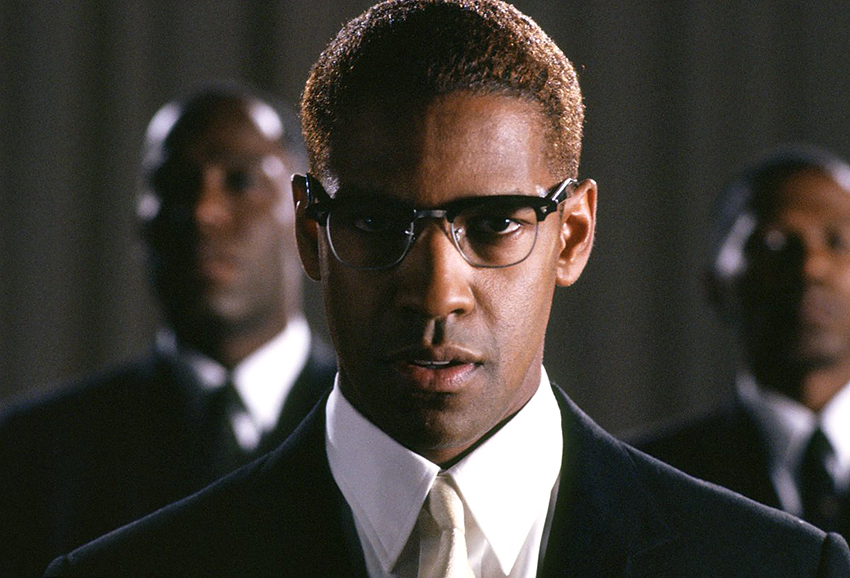A quarter of a century after the release of Spike Lee’s “Malcolm X,” the film continues to teach countless viewers about how a movement can change a nation.
The 1992 movie tells the story of Malcolm X, human rights advocate and popular Muslim leader. This Sunday the Austin Film Society will recognize its 25th anniversary as part of their Cinema of Resistance summer series, which aims to depict people who are speak out for social justice reform, according to Holly Herrick, the head of film and creative media at AFS.
“We want to depict action and resistance and activists,” Herrick said.
Herrick said this film is an ideal candidate for their series both because of its depiction of the civil rights movement and relevance to current events.
“Showing this film is a way to celebrate Spike Lee’s incredible visionary work of bringing the story of Malcolm X to the screen,” Herrick said. “He was revealing how complicated issues of race are in America and that you couldn't paint that with the simplicity that Hollywood often attempts to.”
John Pierson, fellow filmmaker and close friend to Spike Lee, said, similar to the character it portrayed, “Malcolm X” overcame great odds throughout its production due to budgeting and controversy.
“He famously agreed to make the film for 28 million, knowing that wouldn’t work and it didn’t,” Pierson said. “He shamed Warner by raising money from Bill Cosby, Michael Jordan, Magic Johnson, Oprah. (And) like the Malcolm X motto, ‘By any means necessary,’ that was his mental attitude: ‘We are going to get this film done by any means necessary.’”
After the film’s completion, Pierson said despite the film’s critical and box office success, it was under-recognized when awards season came around.
“Spike was an extremely controversial figure then, and I think that probably hurt when it came to getting an Oscar or awards recognition,” Pierson said. “He famously called working for Warners like working on the plantation. That is not going to make you friends anywhere in the studio system. It is just too much to have a filmmaker go public and say, ‘You treat me like a slave.’”
Radio-television-film professor Charles Berg said the film was also controversial because of its content and the message that both “Malcolm X” and director Spike Lee were trying to get across about the reality of African-Americans and their struggles.
“When it came out there was a lot of talk about it, both positive and negative,” Berg said. “I think it would have the same effect if it was released today because it is about an African-American leader trying to figure out a way to have American society recognize African-Americans as equals. It shook things up.”
Herrick said although the film didn’t completely change conversations about race in America, it certainly propelled citizens to begin thinking about race relations.
“I think this film is still just as poignant and powerful today,” Herrick said. “Possibly even more so, because even though he is bringing up these issues in 1992, the philosophies and ideas that Malcolm X brought to the table are only now being discussed lively in mainstream culture and continuing to break through.”















